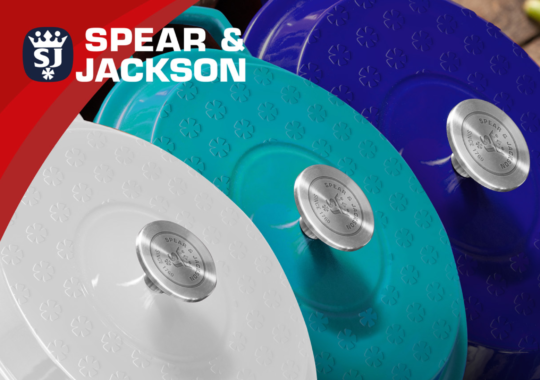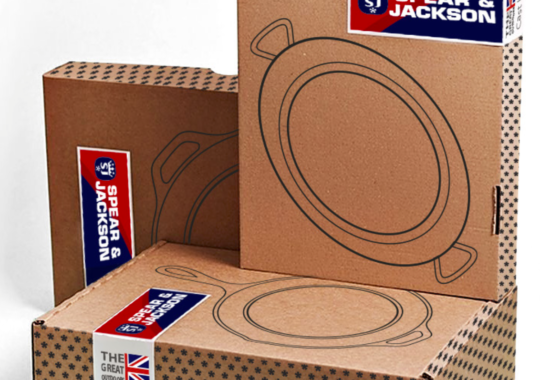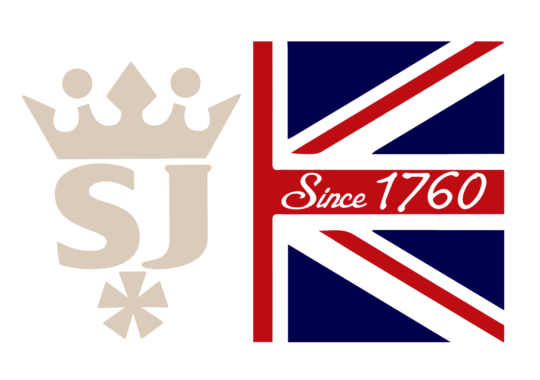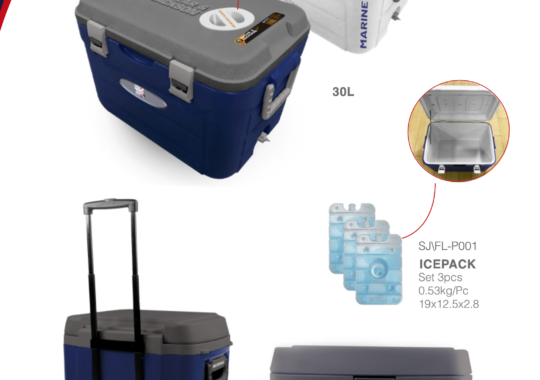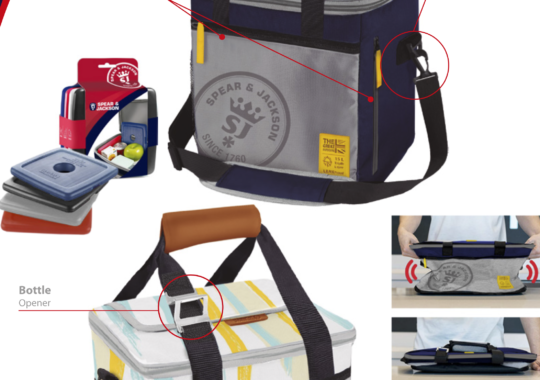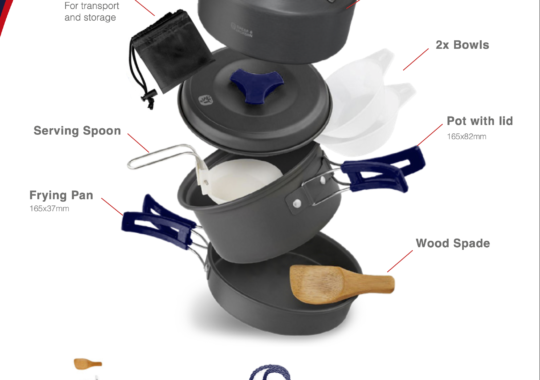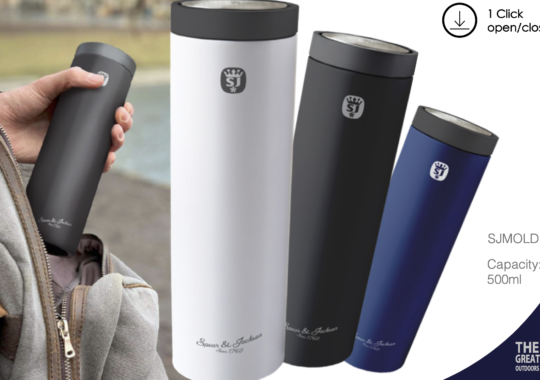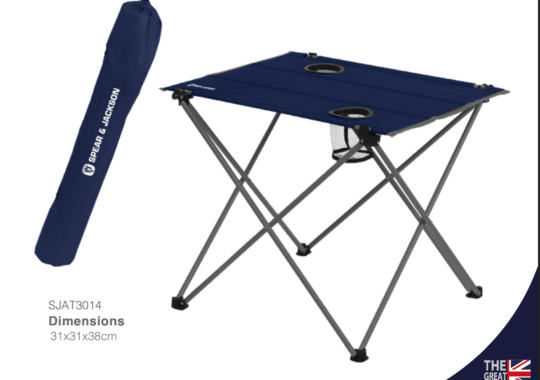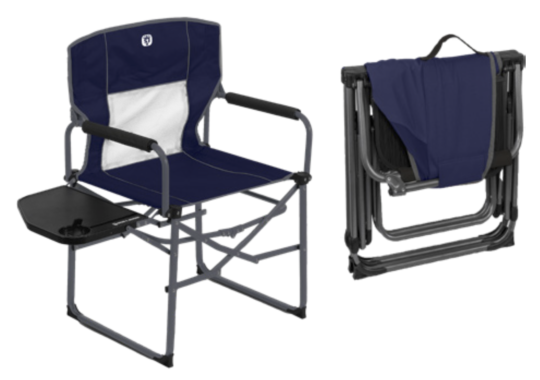Spear & Jackson
Spear & Jackson
If there is one word that people associate with Sheffield it is steel. The city, (then a mere town) was known for the production of knives in the 14th century, and by 1600 had become the main centre for cutlery manufacture in England. In the 1740s, a form of the crucible steel process was discovered that allowed the manufacture of better quality steel and this innovation spurred the growth of Sheffield as an industrial town. And it was not long after – in 1760 – when the foundations of the one of the city’s best known firms, and one synonymous with steel; Spear & Jackson, were laid.
It was in this year that a draper named John Love and a Wakefield merchant, Alexander Spear, decided that steel offered a better living than cloth and went into business together. By 1814, the business had passed down to Alexander’s nephew John, who took on an apprentice – Sam Jackson – to learn ‘ye art, trade or mistery of sawmaking’. Sam’s first job was carrying blades from the forge to the grinding wheels and by 1830, a new partnership was formed – Spear & Jackson. Neill Tools, Spear & Jackson’s parent company, can meanwhile ‘only’ chart a history as far back as 1889, when James Neill, a successful accountant, turned to steelmaking and patented composite steel (steel-backed iron) for hacksaw blades. Registering the Eclipse trademark in 1909, Neill started making the world’s first composite steel hacksaw blades in 1911.
By 1924, frames had been added to the range and the company introduced the classic shape which all hacksaws now mirror. Fast-forwarding to the 80s, Neill Tools bought Spear & Jackson in 1985, renaming the business Spear & Jackson plc in 1995. But Neill, Eclipse and Spear & Jackson aren’t the whole brand story. The group also includes the famous WHS trowel brand. Originally known as William Hunt & Sons, WHS is popularly said to stand for ‘Work Hard or Starve’ and – among other things – its 4″ pointing trowels are especially favoured by archaeologists; rows breaking out on the internet whenever another trowel company tries to win the hearts and minds of these ‘time team’ diggers. Also within the company is the well-known Tyzack range of plastering tools. Founded by another Sheffield lad, William Tyzack (1781- 1858); the company really got into its stride through his nephew Joseph. Having developed a profitable working relationship with the Isle of Man Steam Packet Company, Joseph registered the Isle of Man triskelion ‘legs’ – still proudly worn by the company today – with the Cutlers’ Company in 1847.


